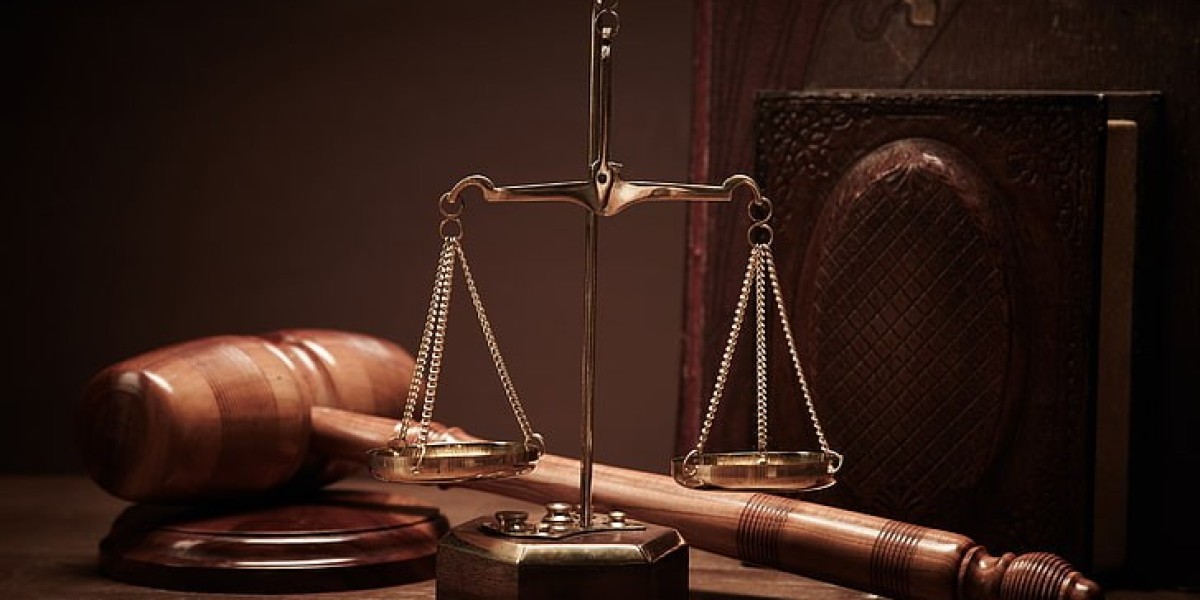Prostitution arrests in Virginia are serious matters, with significant legal and personal consequences. Understanding the process, your rights, and the potential penalties is crucial if you find yourself in this situation. Virginia prostitution surrounding prostitution, solicitation, and related offenses are strict, and law enforcement actively pursues these cases.
Understanding Prostitution Laws in Virginia
Virginia law prohibits all forms of prostitution and solicitation, defining prostitution as the exchange of sexual acts for money or other items of value. The laws also penalize related offenses such as solicitation, promoting prostitution, and using a premises for prostitution.
Key Statutes
- Prostitution: Virginia Code § 18.2-346 criminalizes engaging in sexual acts in exchange for compensation.
- Solicitation: Soliciting or attempting to procure sexual services is also a crime under this statute.
- Pandering: Acts such as pimping or managing a prostitution business are covered under § 18.2-355 and carry harsher penalties.
What Happens During a Prostitution Arrest?
The arrest process for prostitution or solicitation typically involves several steps:
1. Law Enforcement Operation
Many prostitution arrests stem from sting operations conducted by law enforcement, where undercover officers pose as clients or sex workers to catch offenders.
- Online Stings: Officers may use websites or social media platforms to set up meetings.
- In-Person Stings: Operations may occur in hotels, massage parlors, or other locations where illegal activities are suspected.
2. Arrest and Booking
If you’re arrested, you will be taken into custody and transported to a police station for booking, which includes:
- Recording personal information and charges.
- Taking fingerprints and photographs.
3. Search and Evidence Collection
Officers may search your belongings and vehicle for evidence related to the alleged crime, such as cash, communication devices, or other items indicating intent.
4. Questioning
Law enforcement may attempt to question you about your involvement. It’s critical to exercise your right to remain silent and request an attorney before answering any questions.
The Legal Process After an Arrest
Following an arrest for Virginia prostitution, you’ll go through the following legal steps:
1. Initial Hearing or Arraignment
At this stage:
- Charges will be formally presented.
- Bail may be set, allowing you to secure temporary release.
2. Pretrial Proceedings
Your attorney will analyze the evidence, explore defense strategies, and potentially negotiate with prosecutors for reduced charges or dismissal.
3. Trial or Plea Agreement
If the case proceeds to trial, both sides will present their evidence and arguments before a judge or jury. Alternatively, you may accept a plea deal for a lesser charge or reduced penalties.
Potential Penalties for Prostitution and Solicitation in Virginia
Penalties for prostitution-related offenses vary based on the specific charge and whether it’s a first or subsequent offense.
1. Prostitution or Solicitation (Misdemeanor)
- Up to 12 months in jail.
- Fines of up to $2,500.
- A criminal record, which may impact employment and housing opportunities.
2. Promoting Prostitution (Felony)
- Longer prison sentences, depending on the severity of the offense.
- Higher fines.
Defending Against Prostitution Charges
A strong defense strategy can make a significant difference in the outcome of your case. Common defenses include:
1. Lack of Evidence
Prosecutors must prove beyond a reasonable doubt that an exchange of sexual services was agreed upon or occurred. Weak or circumstantial evidence can be challenged.
2. Entrapment
If law enforcement pressured or coerced you into committing the alleged crime, your attorney may argue entrapment.
3. Mistaken Identity
If the arrest was part of a sting involving multiple individuals, mistaken identity may be a valid defense.
4. Illegal Search and Seizure
If law enforcement violated your Fourth Amendment rights during the search or arrest, evidence may be suppressed.
Why You Need an Experienced Attorney
Prostitution charges can have life-altering consequences, but an experienced defense attorney can help by:
- Evaluating Evidence: Analyzing the prosecution’s case for weaknesses.
- Negotiating Plea Deals: Reducing charges or penalties where appropriate.
- Representing You in Court: Presenting a strong defense to achieve the best possible outcome.
Tips for Protecting Your Rights During and After an Arrest
- Remain Silent: Avoid making statements to law enforcement without an attorney present.
- Request Legal Representation: Ask for a lawyer immediately after being taken into custody.
- Document Events: Write down everything that occurred during your arrest to assist your attorney in building your defense.
- Avoid Social Media: Refrain from discussing your case online, as posts can be used as evidence against you.
Conclusion
Being arrested for Virginia prostitution is a serious matter, but understanding the process and securing experienced legal counsel can help you protect your rights and achieve a fair outcome. Whether through challenging evidence, negotiating reduced charges, or defending you in court, a skilled attorney is your best ally in navigating this difficult time.
FAQs
- What should I do if I’m arrested for prostitution in Virginia?
Remain silent, request an attorney, and avoid discussing the case with law enforcement or others. - Can prostitution charges be dismissed?
Yes, charges may be dismissed if evidence is insufficient or if procedural violations occurred during the arrest. - What is the penalty for a first-time prostitution offense in Virginia?
A first-time offense is typically a misdemeanor, punishable by up to 12 months in jail and fines of up to $2,500. - Can an undercover officer legally pose as a sex worker?
Yes, law enforcement often uses undercover operations to catch individuals involved in prostitution or solicitation. - How can an attorney help in a prostitution case?
An attorney can challenge evidence, negotiate plea deals, and develop a defense strategy to protect your rights and future.



